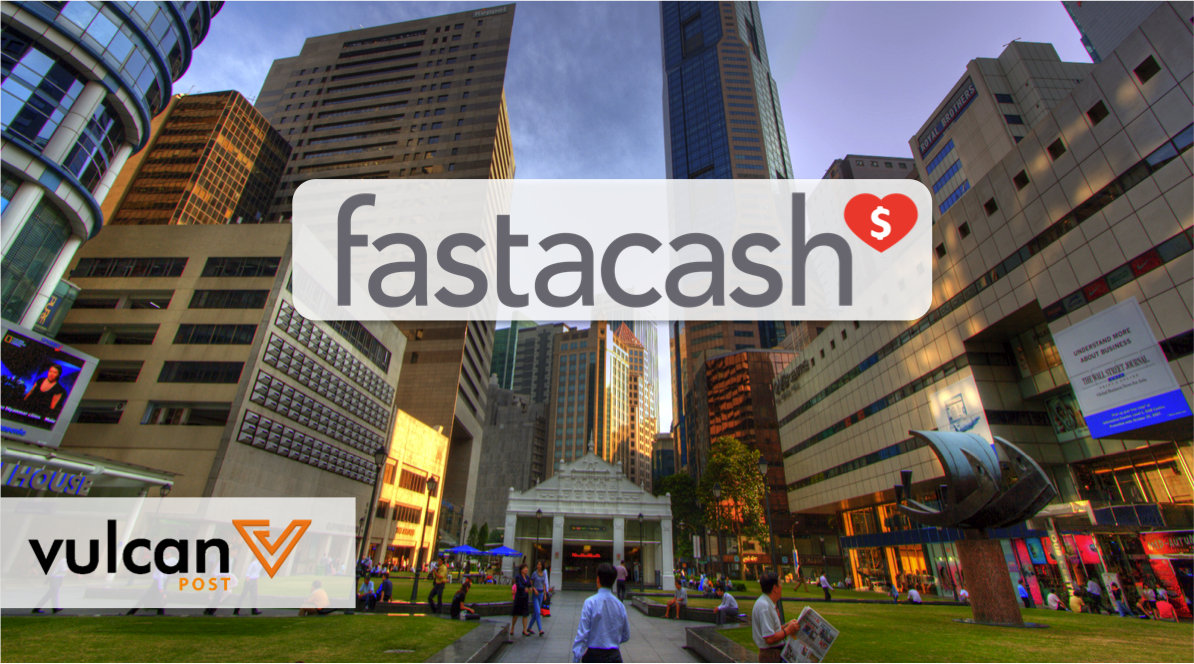The term fintech is likely to be something that sounds foreign to most. It wasn’t a term widely used until recently, when payments technology grew with the popularity of the mobile wallet. Yet many remain skeptical, especially after BitCoin’s flop with consumers.
But a Singapore-grown startup, fastacash, has just raised $23.5 million in Series B funding — and it may be the next big name in payments.
In fact, you may already be using fastacash without knowing it. Here in Singapore, you’d find fastacash technology present in DBS Paylah!. In India, it’s present in Ping Pay, their first bank-led multi social payment app that allows users to send or ask for money and mobile recharge across social networks like Facebook, WhatsApp, Twitter, SMS, or email.
(Editor’s Note: fastacash has clarified that they powers the integration of WhatsApp notifications for DBS PayLah. The article has been edited accordingly.)
That’s everything that Facebook, Google, Apple, and several independent fintech companies have been promising us — but without the boundaries. And it all started with a single question:
“If I can send you a photo or video through WhatsApp or any other social platform, why can’t I send you money?”
“Our company was created out of the desire to eliminate consumer pain points associated with payments and money transfers, be it international or domestic,” said Vince Tallent, founder of fastacash. And the company has been doing so since it was introduced in Singapore in 2012.
But what sets fastacash apart from the rest? Unlike most other fintech and social media companies looking into incorporating various modes of payment, fastacash claims to have a different role to play. Instead of competing with financial players the way most companies are doing, they’re looking to support players in the market to innovate new methods of payment.
An analogy that Tallent raised is the relationship between Intel and the various tech products we own. Intel creates the chips that make our devices — whether it is Apple or Android or Windows — possible. And fastacash wants to be just that, seeping into the global financial industry one partner at a time.
“Because that’s where people are living and breathing, there on social,” said Tallent. “We can’t change payment industries — they don’t understand social the way we understand social. So we’re building a hub that sits in between the financial world and the social world. Because that’s what end users really want. They want to be able to communicate with social, but they also want transaction capabilities to do exactly what they ask.”

This latest round of funding — one of the highest Series B seen in any fintech startup in Singapore — will be the key to helping them grow further. In the next 2 — 3 years, they’re aiming to gather 64 partners (as compared to the 6 they have now), a third of which they hope to get in the next year. They will also be doubling their manpower numbers by next year, with expansions into satellite offices in the US, UK, and Dubai.
While they’re currently working with players in the financial industry, their end game is much larger. It’s not just for money, but for everything of value from minutes on your phones (which they now provide with Ping Pay) to sending coffee the way you send tweets. It’s borderless, unlike the way Facebook payments only work on Messenger, or how Google Wallet only functions with Android.
If you thought Fintech was boring before, think again.










